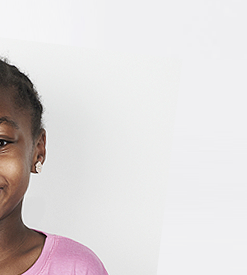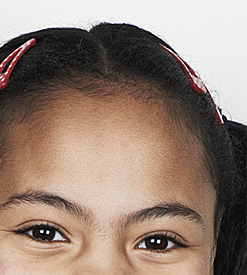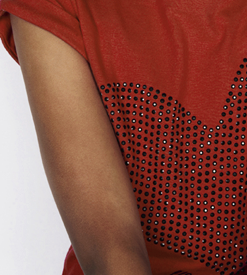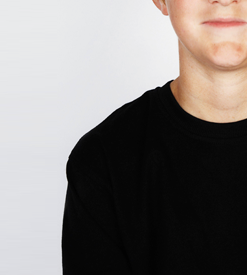How Central Precocious Puberty (CPP)
Treatments Work
Puberty is triggered by a release of growth hormones at an appropriate age. If the release starts too early, there's a need to call a time-out. The objective of any treatment for CPP is to suppress the release of hormones and delay puberty until a more appropriate age.
Puberty begins in the brain
The brain sends a chemical signal called gonadotropin-releasing hormone (GnRH) to the pituitary gland. When the signal is received, the pituitary gland releases hormones that start the puberty process. Treatments for CPP tell the pituitary to ignore the signal. In other words, without an active GnRH signal, puberty can then be delayed.
CPP treatment options
The FDA has approved treatments for CPP. They all use a medicine called a GnRH-agonist to stop hormones being sent from the pituitary gland to the ovaries or testes. By stopping the release of these hormones, puberty is delayed until the treatment ends, and then puberty can proceed as normal.
Dosing regimens vary. You and your doctor should discuss the right treatment for your child.
An important part of taking any medicine is taking it regularly and on time. Be sure to understand the benefits and risks of any medicine that you consider.
Learn More About
a Treatment Option
You are about to leave PubertyTooEarly.com.
To continue to a site that contains information on a treatment option for central precocious puberty (CPP), click OK below. You and your doctor should discuss the right treatment for your child. To return to PubertyTooEarly.com, click RETURN.










